The sun-baked landscapes of Tunisia have long been associated with the cultivation of dates, a staple of North African agriculture. Yet beyond their role as a nutritious fruit, dates have found another purpose in Tunisian tradition—the production of date palm wine, locally known as Lagmi. This fermented beverage, with its subtle sweetness and varying degrees of alcohol content, offers a fascinating glimpse into Tunisia’s cultural and agricultural practices.
Lagmi is not merely a drink; it is a testament to the resourcefulness of Tunisian farmers. The process begins with the careful extraction of sap from the date palm tree, a method that requires skill to avoid damaging the tree. The sap, known as Tari, is collected in earthenware containers and left to ferment naturally. Unlike commercial alcoholic beverages, the fermentation of Lagmi relies on wild yeast present in the environment, resulting in a product that can vary significantly in taste and potency from one batch to another.
The alcohol content of Lagmi typically ranges between 4% and 8%, though this can fluctuate depending on factors such as fermentation time and environmental conditions. In some cases, prolonged fermentation can lead to a stronger brew, reaching up to 10% alcohol by volume. This variability makes Lagmi a unique beverage, one that reflects the unpredictability and richness of its natural origins.
Despite its cultural significance, Lagmi occupies a contentious space in Tunisian society. Tunisia, being a predominantly Muslim country, has complex attitudes toward alcohol. While the consumption of alcohol is not illegal, it is often frowned upon in more conservative communities. This has led to a duality in the perception of Lagmi—celebrated as a traditional craft in rural areas while sometimes marginalized in urban settings.
The production of Lagmi is also under threat from modernization and changing agricultural practices. As Tunisia’s economy evolves, younger generations are less inclined to engage in the labor-intensive process of sap extraction and fermentation. Additionally, the government has imposed regulations on alcohol production, further complicating the future of this ancient tradition. Yet, for many, Lagmi remains a symbol of heritage, a connection to a way of life that predates industrialization.
Efforts to preserve Lagmi have emerged in recent years, with some producers advocating for its recognition as a cultural heritage product. Artisanal brewers are experimenting with controlled fermentation techniques to standardize quality while maintaining the drink’s traditional character. There is also growing interest among tourists seeking authentic Tunisian experiences, providing a potential market for small-scale producers.
Beyond its alcoholic properties, Lagmi holds nutritional value. Rich in natural sugars, amino acids, and probiotics, it has been consumed for centuries not just for its intoxicating effects but also for its perceived health benefits. In rural communities, it is sometimes used as a quick source of energy during long working hours in the fields.
The story of Tunisian date palm wine is one of resilience and adaptation. From ancient times to the present day, Lagmi has weathered social, religious, and economic challenges. Whether it will continue to thrive in the face of modernization remains uncertain, but for now, it stands as a living testament to Tunisia’s agricultural ingenuity and cultural diversity.
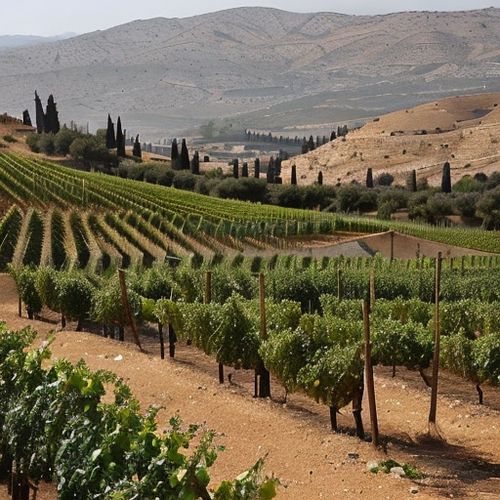
By Jessica Lee/May 10, 2025
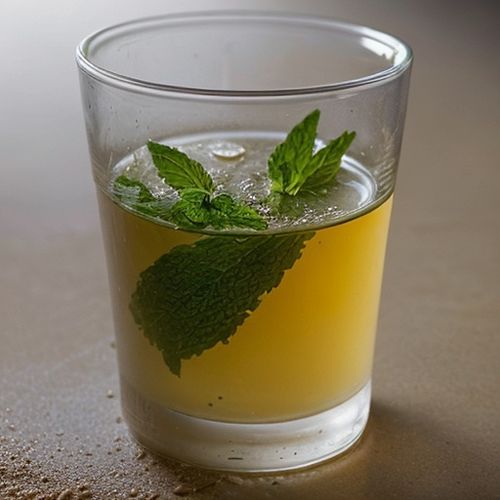
By Victoria Gonzalez/May 10, 2025
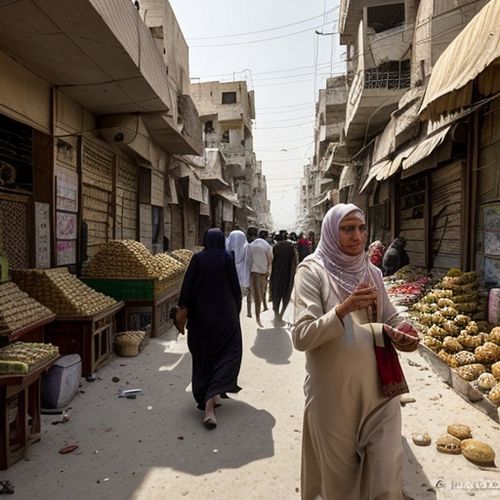
By Noah Bell/May 10, 2025
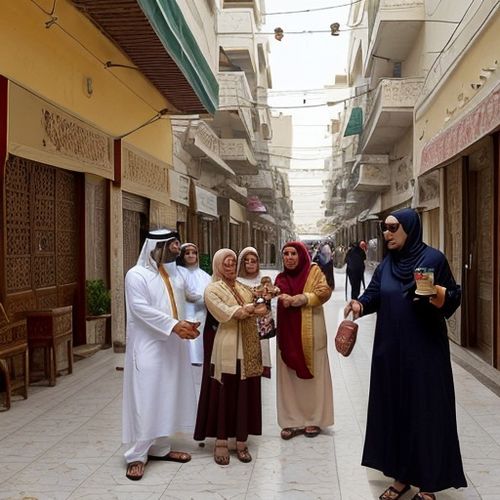
By Benjamin Evans/May 10, 2025
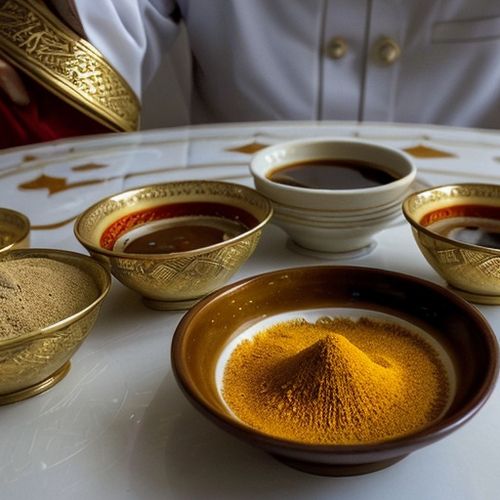
By Rebecca Stewart/May 10, 2025
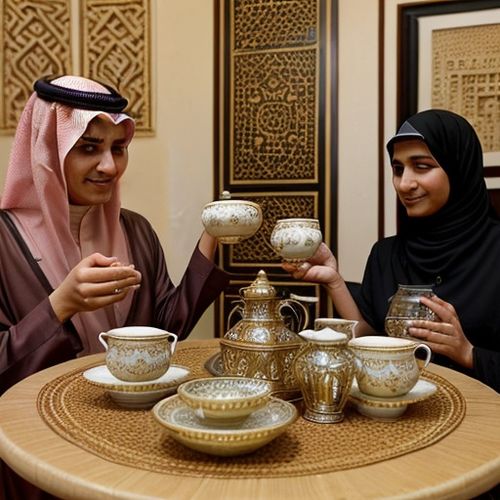
By Daniel Scott/May 10, 2025
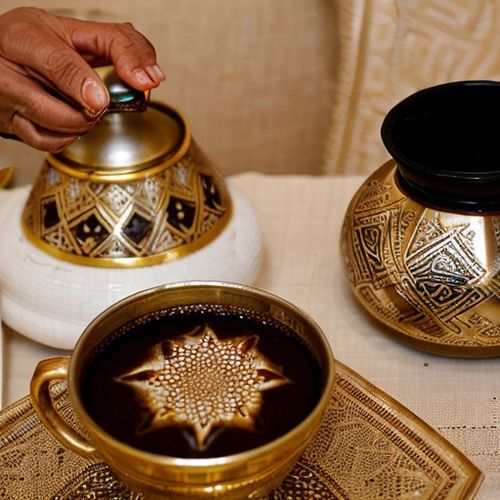
By Samuel Cooper/May 10, 2025
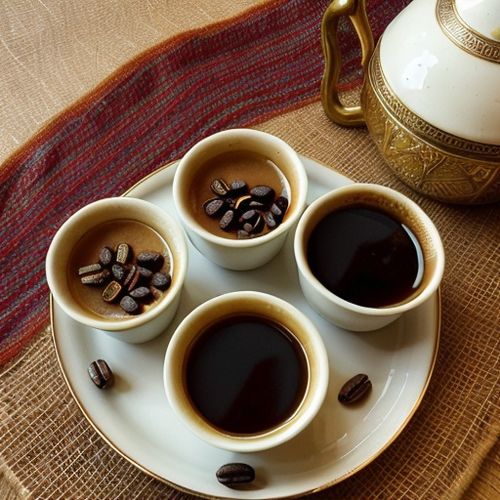
By Ryan Martin/May 10, 2025
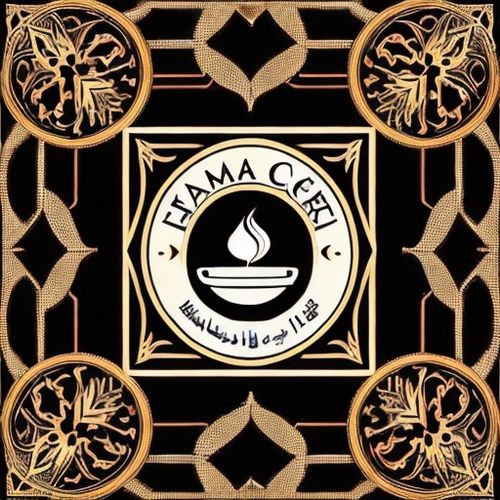
By James Moore/May 10, 2025

By Rebecca Stewart/May 10, 2025
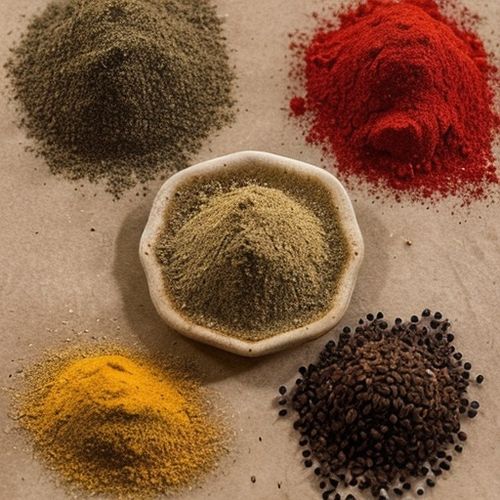
By Rebecca Stewart/May 10, 2025
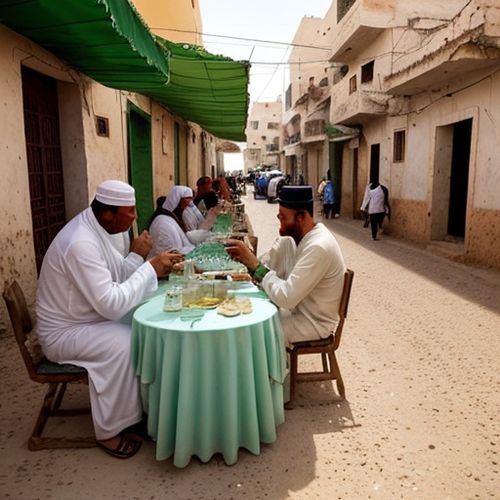
By Thomas Roberts/May 10, 2025
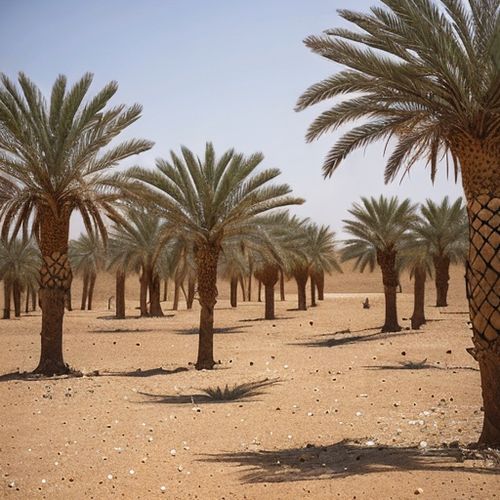
By Grace Cox/May 10, 2025

By Sophia Lewis/May 10, 2025
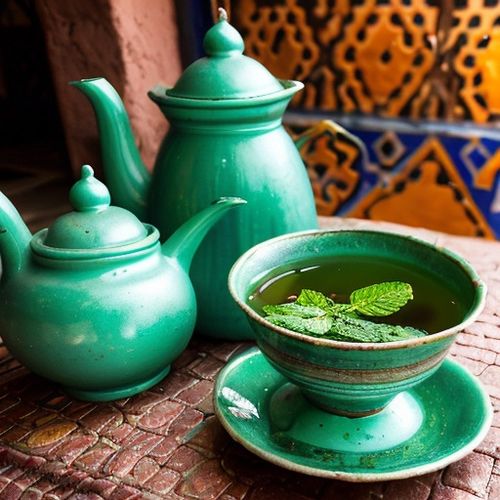
By Sophia Lewis/May 10, 2025

By Daniel Scott/May 10, 2025
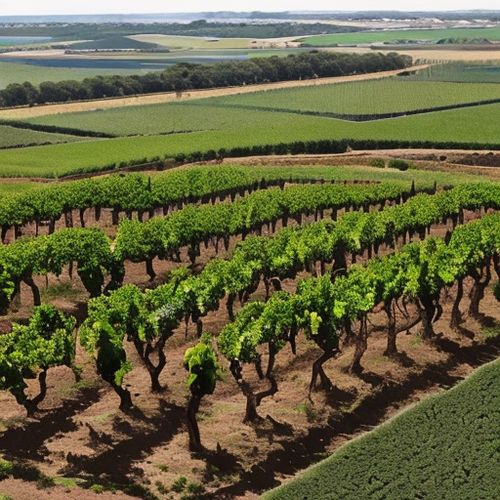
By Amanda Phillips/May 10, 2025
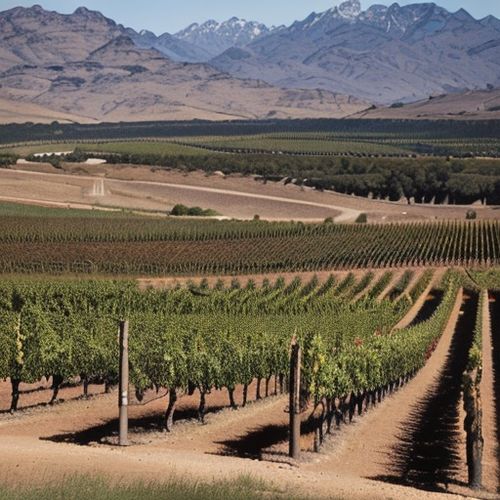
By Lily Simpson/May 10, 2025
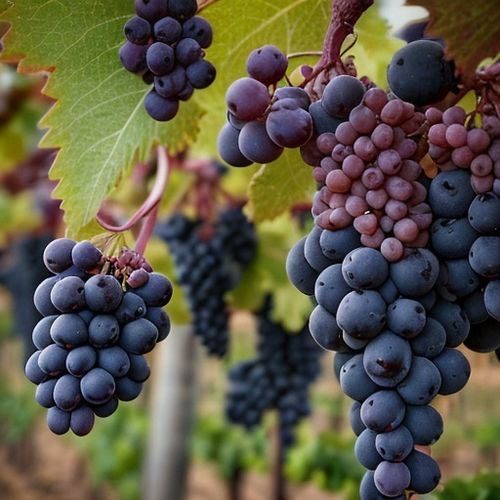
By Natalie Campbell/May 10, 2025

By Olivia Reed/May 10, 2025